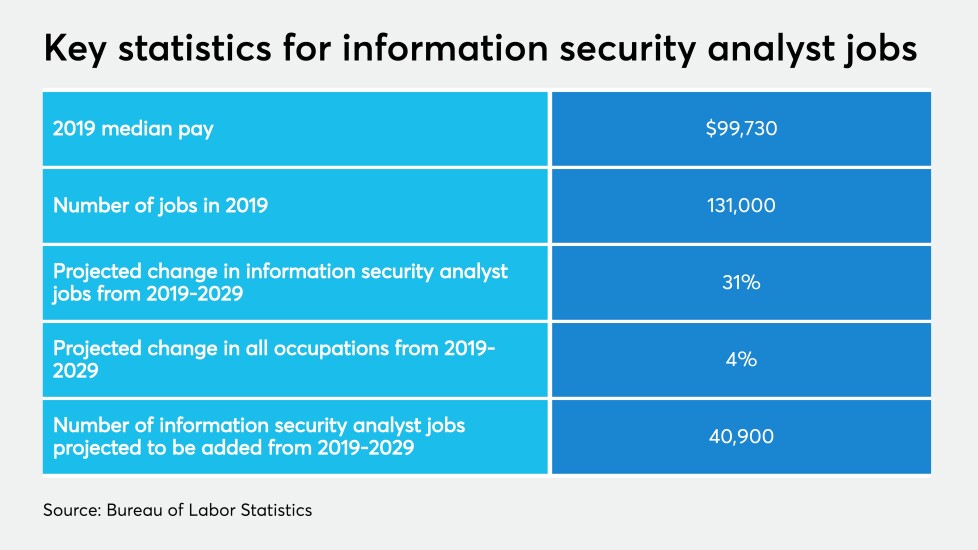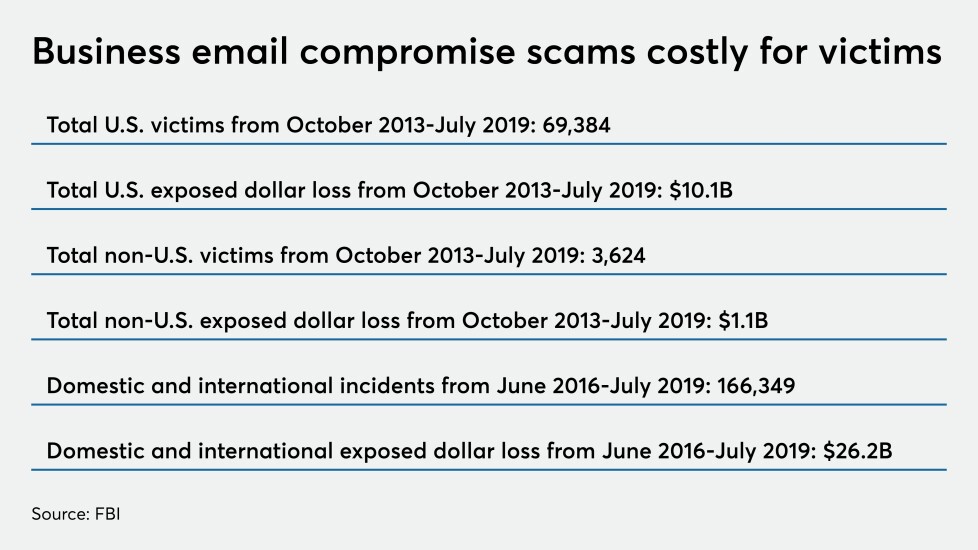Earlier this year, credit unions across the country completed a task that was previously almost unthinkable — they managed to get the majority of employees working remotely with little notice.
But this accomplishment has created new cybersecurity concerns. Since the coronavirus became widespread earlier this year, institutions have had to be vigilant about a variety of issues, including new scams that utilize the crisis to try and trick consumers and workers into making a costly mistake.
That has been made even more difficult as employees may still not be housed in an office and instead could be spread out working remotely.
“Work from home suddenly meant that many institutions had to significantly beef up their remote access options for branch staff and others that were used to working out of physical locations,” said John Meyer, senior director at Cornerstone Advisors. “We were impressed with how rapidly our credit unions responded to this challenge. Fraudsters, though, are finding ways to exploit the holes in the remote workforce.”
The following are some cybersecurity concerns that credit unions need to keep in mind for the rest of this year and into 2021.
Aaron Passman contributed to this story.











